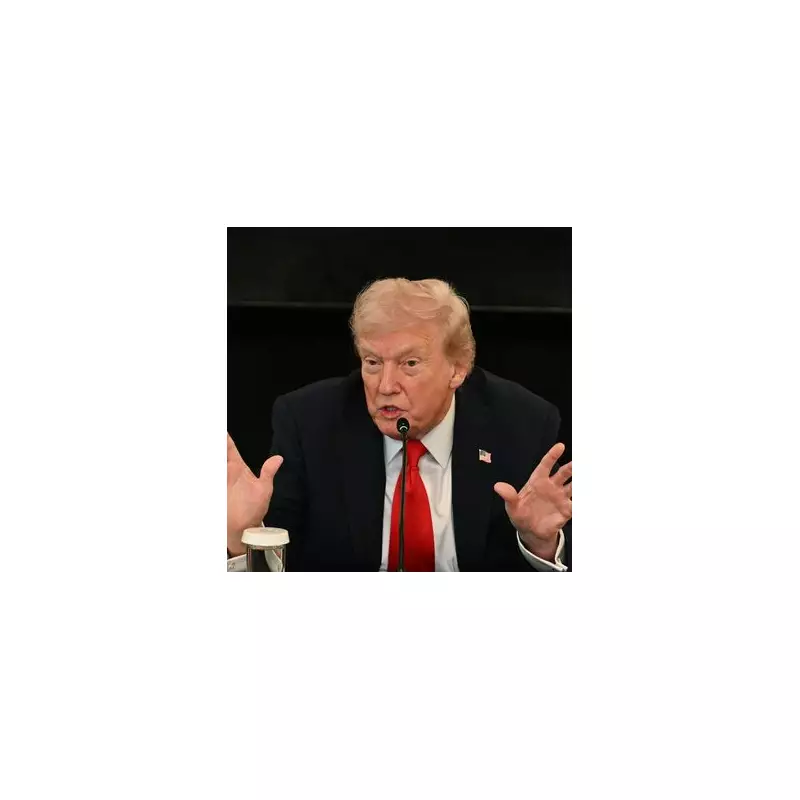
In a move that has raised eyebrows across the political spectrum, former President Donald Trump hosted Hungarian Prime Minister Viktor Orbán at his Mar-a-Lago estate in Florida. The meeting between the two controversial figures comes at a time when Orbán faces increasing international criticism for his authoritarian governance style.
A Meeting of Ideological Allies
The encounter at Trump's Palm Beach resort represents a significant moment in the growing alliance between Western conservative movements and nationalist leaders. Orbán, who has repeatedly clashed with the European Union over democratic norms, has found a powerful ally in Trump, with both leaders sharing similar views on immigration, sovereignty, and what they term "globalist" institutions.
This meeting follows Orbán's appearance at the Conservative Political Action Conference (CPAC), where he received a warm reception from right-wing activists. The Hungarian leader used the platform to promote his vision of "illiberal democracy" - a concept that has drawn condemnation from human rights organizations worldwide.
International Concerns Mount
European leaders have expressed unease about the growing relationship between Trump and Orbán. The timing is particularly sensitive given Hungary's recent stances on several international issues:
- Hungary's delayed ratification of Sweden's NATO membership
- Orbán's continued opposition to military support for Ukraine
- Hungary's close economic ties with Russia and China
Critics argue that Trump's embrace of Orbán signals a potential shift in American foreign policy should the former president return to power. The meeting has sparked concerns among NATO allies about the future of transatlantic relations.
Domestic Political Implications
The Mar-a-Lago summit occurs as Trump solidifies his position as the presumptive Republican presidential nominee. His association with Orbán reflects the ongoing transformation of the Republican Party's approach to international alliances and democratic values.
Human rights advocates have voiced alarm at the normalization of relationships with leaders who have systematically undermined democratic institutions. Orbán's government has been accused of eroding press freedom, judicial independence, and academic autonomy in Hungary.
The Road Ahead
As the 2024 presidential election approaches, observers note that Trump's foreign policy preferences appear to be aligning more closely with authoritarian leaders than with traditional Western allies. This development could have far-reaching consequences for international diplomacy and the global balance of power.
The Mar-a-Lago meeting serves as a stark reminder of the evolving political landscape, where ideological affinities increasingly transcend traditional geopolitical boundaries. With both leaders praising each other's approaches to governance, the encounter underscores the continuing realignment of global political alliances.





